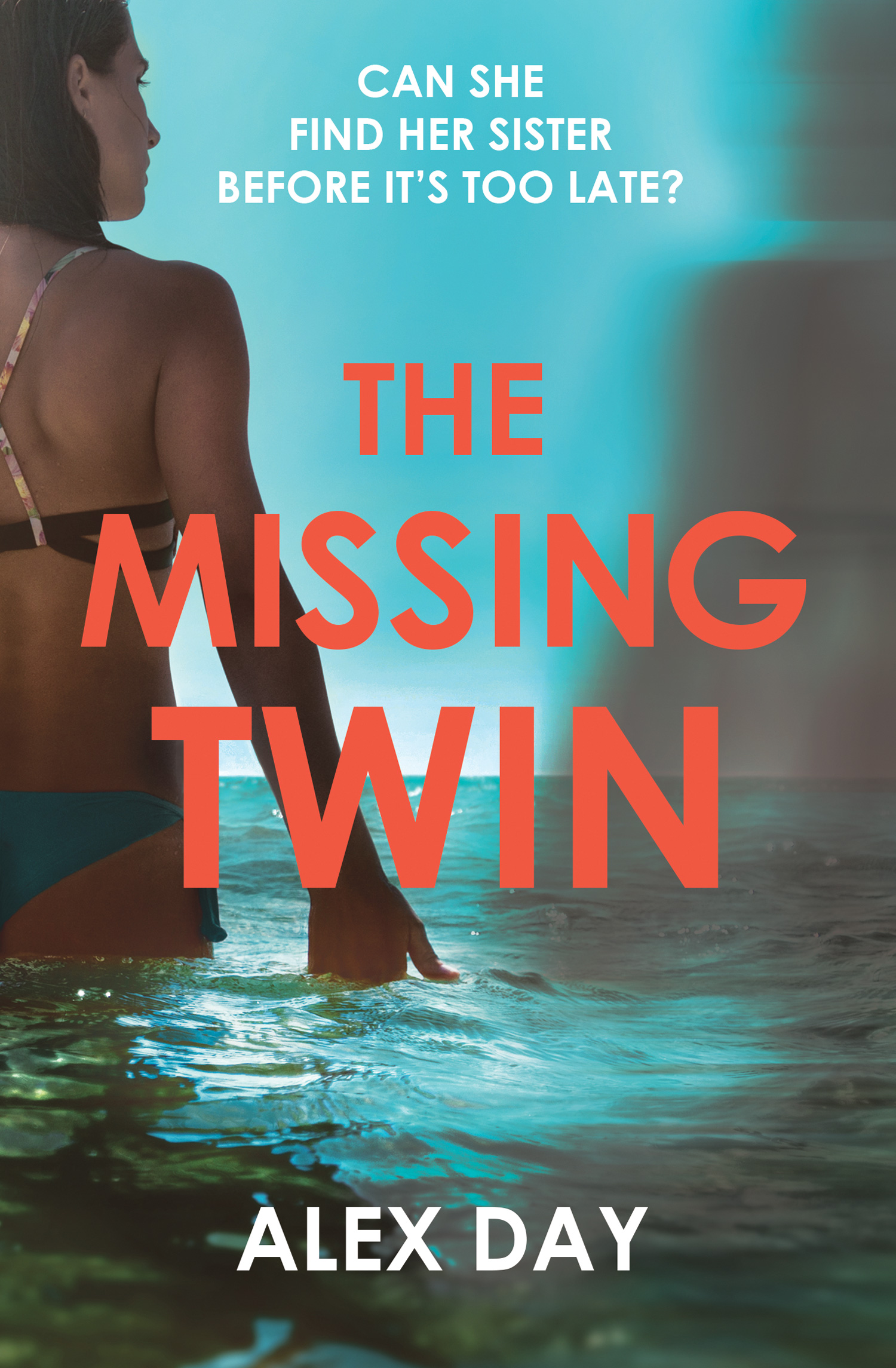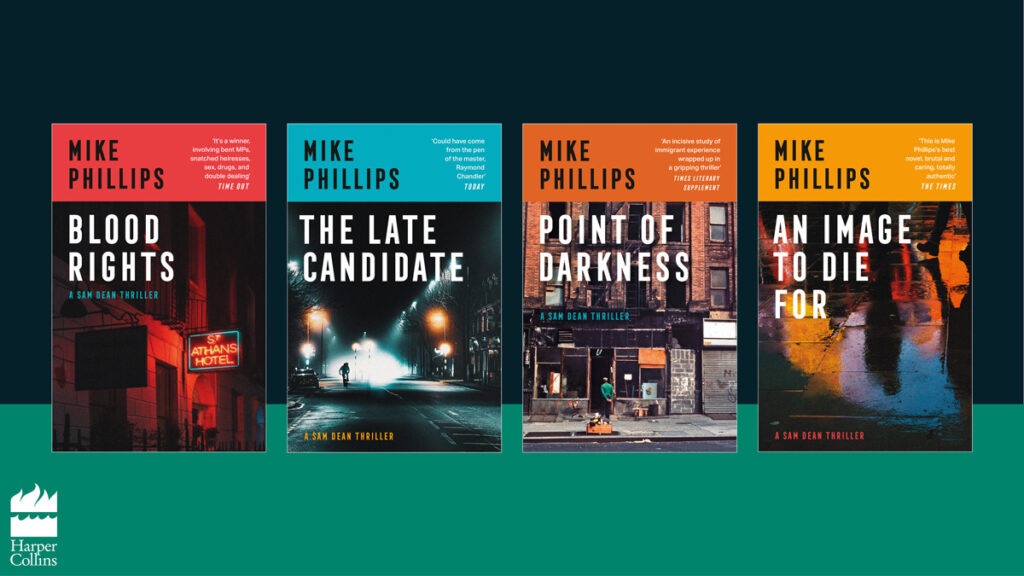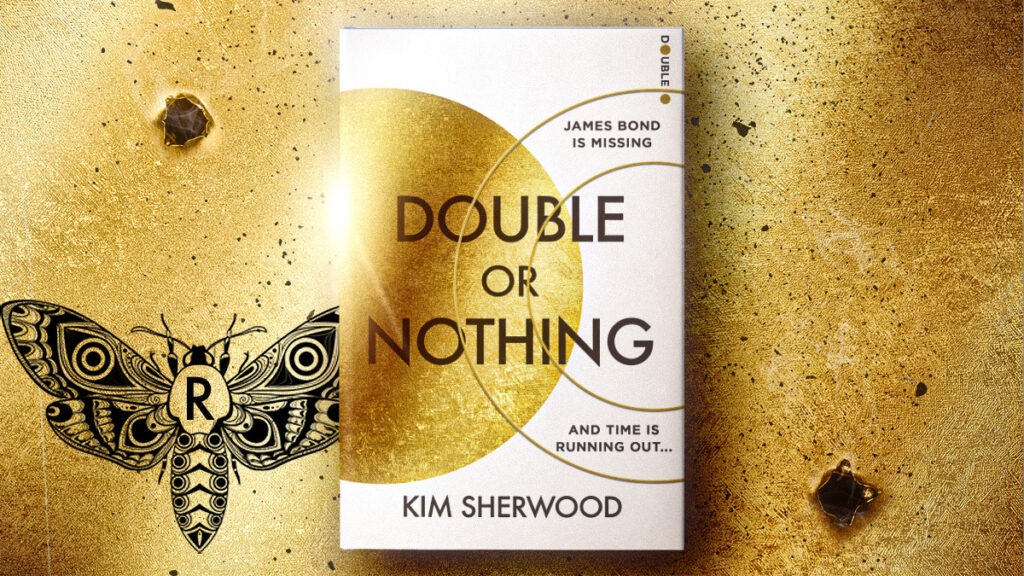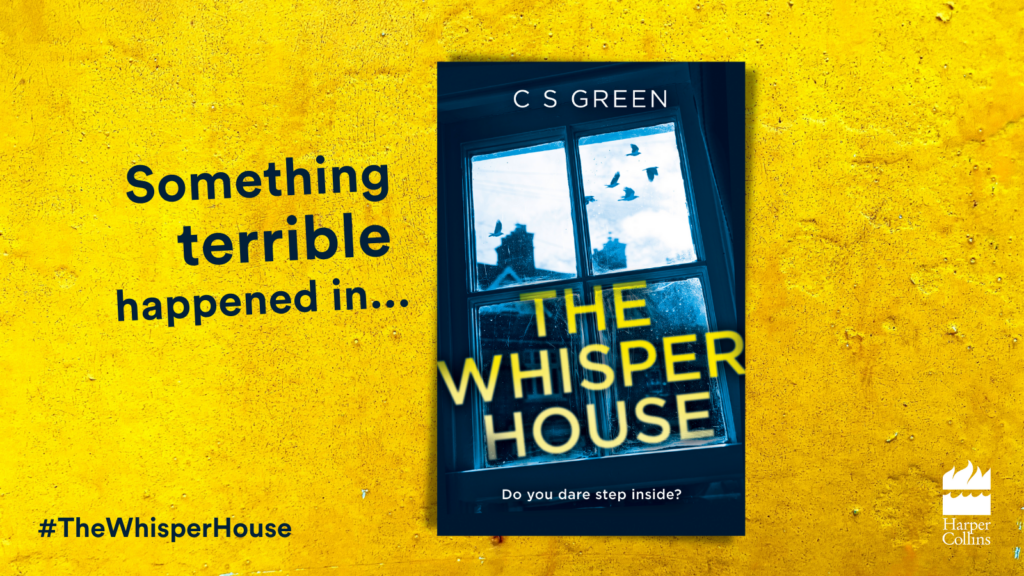
Where did the idea for The Missing Twin come from?
Strangely, the idea came from a number of different things – people I met, stories I read in the papers and saw online and a Mediterranean location that inspired me. All of these factors were swimming around in my mind rather randomly until they suddenly coalesced into a fully formed outline of a plot. So I started writing and The Missing Twin is the result.
What emotion do you most hope to inspire in your readers?
It’s very hard to empathise with people when they are anonymous, or when there are so many in desperate need that the problem seems too great to solve. So I hope that, in the characters of both Edie and Fatima, I’ve given readers women they can believe in and dilemmas they can understand, namely, Edie’s increasingly fragile mental health and Fatima’s horrific suffering on her terrible journey.
We know you’re a teacher – how did your experiences in the classroom affect this story?
I retrained as a teacher only a few years ago and the school that I was first placed in has a large refugee/migrant/asylum seeker intake. The nationalities of the pupils tracked the recent history of the world’s wars like strata in a rock: Somalian, Palestinian, Sri Lankan Tamil, Iraqi, Afghan and, most recently, Syrian. As the Syrian children started to arrive it was impossible to ignore how deeply traumatised they were. Most could not tell their story as they spoke no more than a few words of English but, over time, and with the help of other Arabic speaking students, more and more details began to emerge and the narratives were exactly as you might expect – villages bombed, family members killed, the loss of everything, desperate flight, refuge in another country – Egypt, for example – and finally arrival, somehow, in the UK. Can you imagine how hard it must be to go through such horrendous events and then to have to start again in a completely alien country and culture in which you have nothing, are nothing? I felt so sorry for the children and their families.
It’s also extremely worrying to think about the entire generation of Syrian children whose education has been disrupted or destroyed. As a teacher, I believe passionately in the power of education to change lives. Without it, it’s very hard to see how those young people will achieve their potential or build a better life, let alone how they will rebuild Syria when the time comes.
How do you go about writing? Do you know the entire plot before you sit down to write, or do you prefer to see where the writing takes you?
For my first book, Garden of Stars by Rose Alexander, I didn’t know the entire plot before I started and as a result it took me about five years to write! But with The Missing Twin I had the whole thing mapped out before I wrote the first word. It just all came flooding out one day – what would happen, when, to whom – and the finished book doesn’t differ much from that initial plan. This made the writing process much, much easier and more enjoyable, as well as quicker, and I can’t imagine doing it any other way now.
What is a typical day for you?
On a typical day during term time, my alarm goes off at 6am. I’m out of the house and off to work by 7am at the latest, having made sure my own three children are up and getting ready for their school day. I don’t generally get home much before 6pm and I’ll try to do two hours writing before eating supper and falling asleep, exhausted, by 10pm. My husband works from home these days and he is handling the cooking and the school run for our youngest daughter who is still at primary school, which is brilliant. I did it all more or less single-handedly for over 10 years so he’s happy to be redressing the balance now. I try to spend at least one full day at the weekend writing, doing odd hours here and there in between the children’s activities and other commitments. The problem I’m finding now, with three books published and more underway, is finding time to write and do all the social media that is necessary to make sure your name and your work is out there, getting noticed.
When you manage to find some spare time, what do you most enjoy doing?
I love to dress make and I’m trying to make all my own clothes these days. I’m so fed up with the poor quality of fabric and manufacture of so many garments, but more than that it’s about the pleasure I get from making something from scratch. It also forces me to slow down, as you have to carefully read and follow a pattern if the product is to come out right, not to mention the pleasure of browsing online fabric shops to select the perfect fabric, colour, pattern etc. Another favourite hobby is scuba diving; I’m a PADI advanced diver. Any moments left over will always find me buried in a book. I tried writing reviews but found I was absolutely rubbish at it and that it’s far harder than it looks. I’m full of admiration for all the fabulous book bloggers out there who do such an amazing job reviewing books and supporting authors.
We get a wonderful flavour of the Mediterranean in this story – do you enjoy travelling?
I think I got the travel bug as a teenager, partly from reading Graham Greene’s Travels with my Aunt and The Towers of Trebizond by Rose Macaulay. I was lucky that, in my misspent youth, I had the opportunity to live for a year in Israel and a year in Brazil, as well as travelling widely throughout South America. Diving holidays have involved trips to far-flung destinations such as Australia, Indonesia and Malaysia. I’ve also spent time in Kenya and Tanzania as well as many European countries, with the Med always being a favourite destination; I was blown away by the beauty of Turkey when I first visited many years ago. More recently, the tiny ex-Yugoslav country Montenegro has captured my heart – and played a starring role in two of my books – and I’m planning on visiting Albania very soon.
In my previous career as a TV director I worked for a while on the BBC’s Holiday programme, and that took me to places that I wouldn’t normally have chosen to visit, from Benidorm to Rabat. There’s so much to see in the world and so little time to see it all so I’m a confirmed armchair traveller, too; I love to read books set in different locations and to watch travel documentaries.
Can you tell us your 3 favourite books?
The Fountain Overflows by Rebecca West
The Magic Toyshop by Angela Carter
To Kill a Mockingbird by Harper Lee
Your 3 favourite films?
The Great Gatsby (the Robert Redford version)
Thelma and Louise
The Deer Hunter
Your favourite TV shows?
Anything with David Attenborough!
Location, Location, Location – I just love Phil and Kirsty and getting to see inside other people’s houses.
The Durrells – I first read My Family and Other Animals when I was a child and I fell in love with it then. I’ve adored seeing it brought to life again, plus the Corfu setting is similar to that of The Missing Twin.
The Missing Twin is out now.



